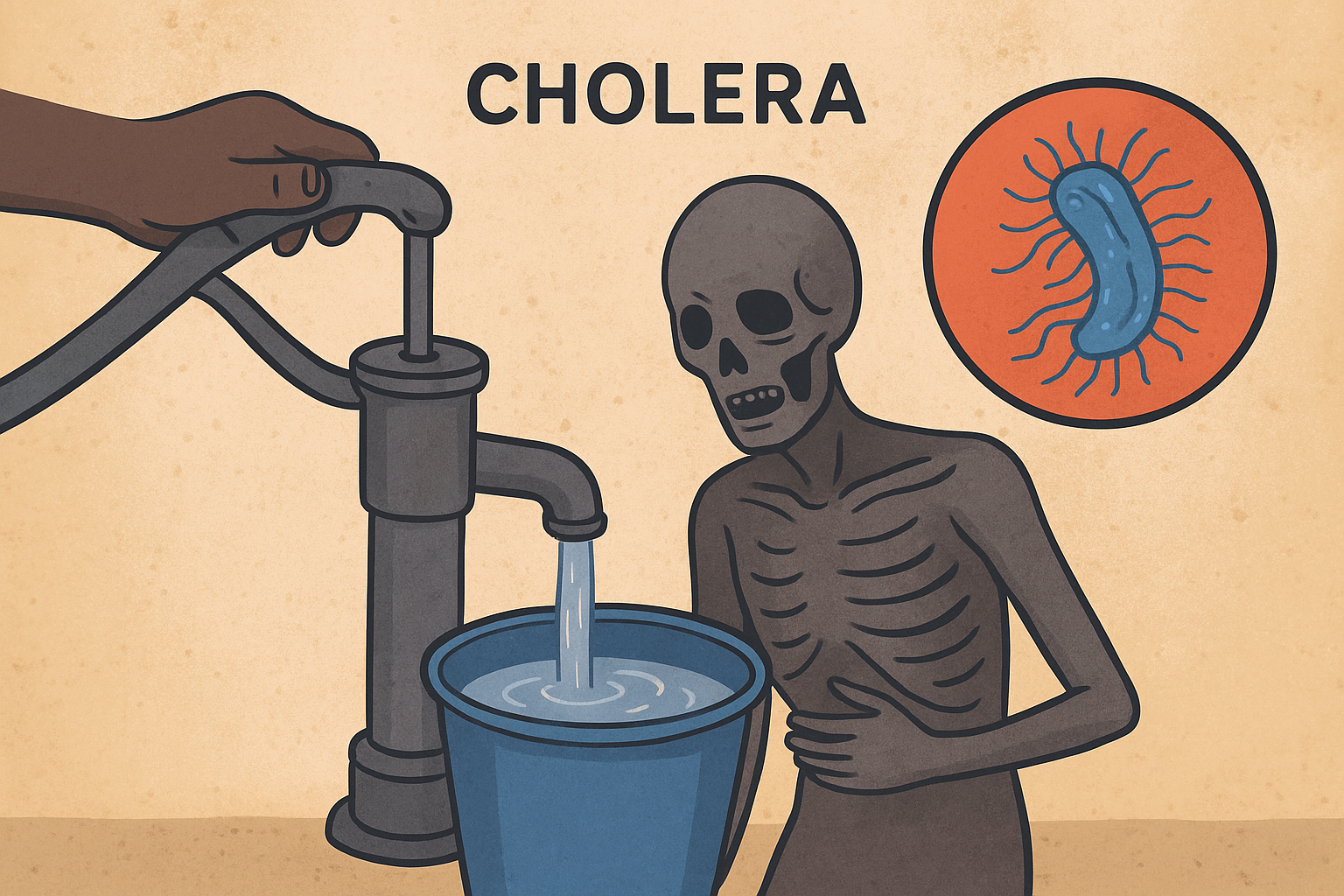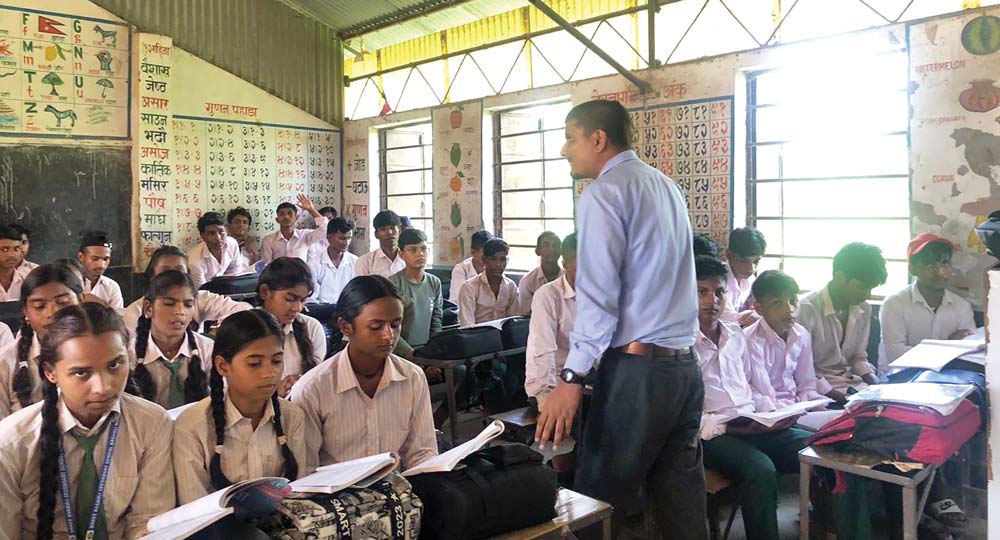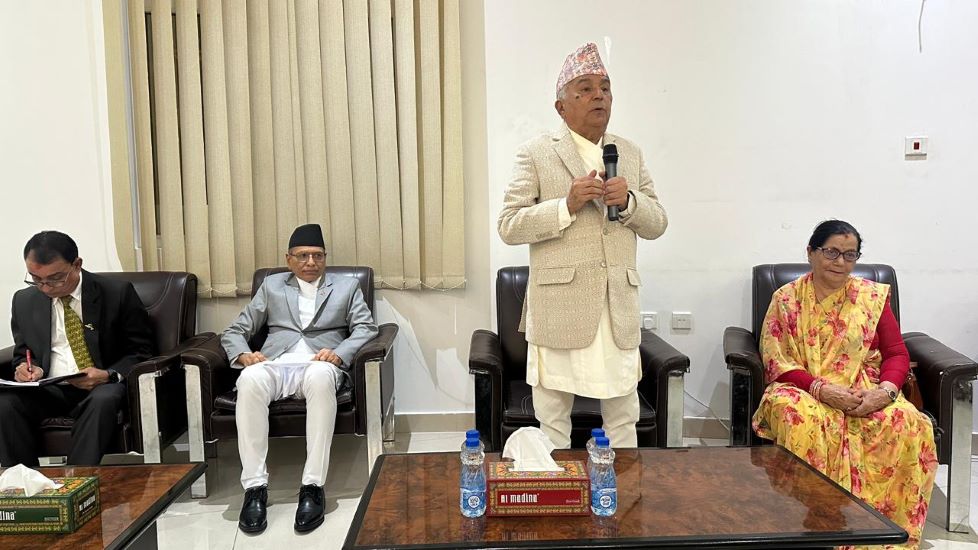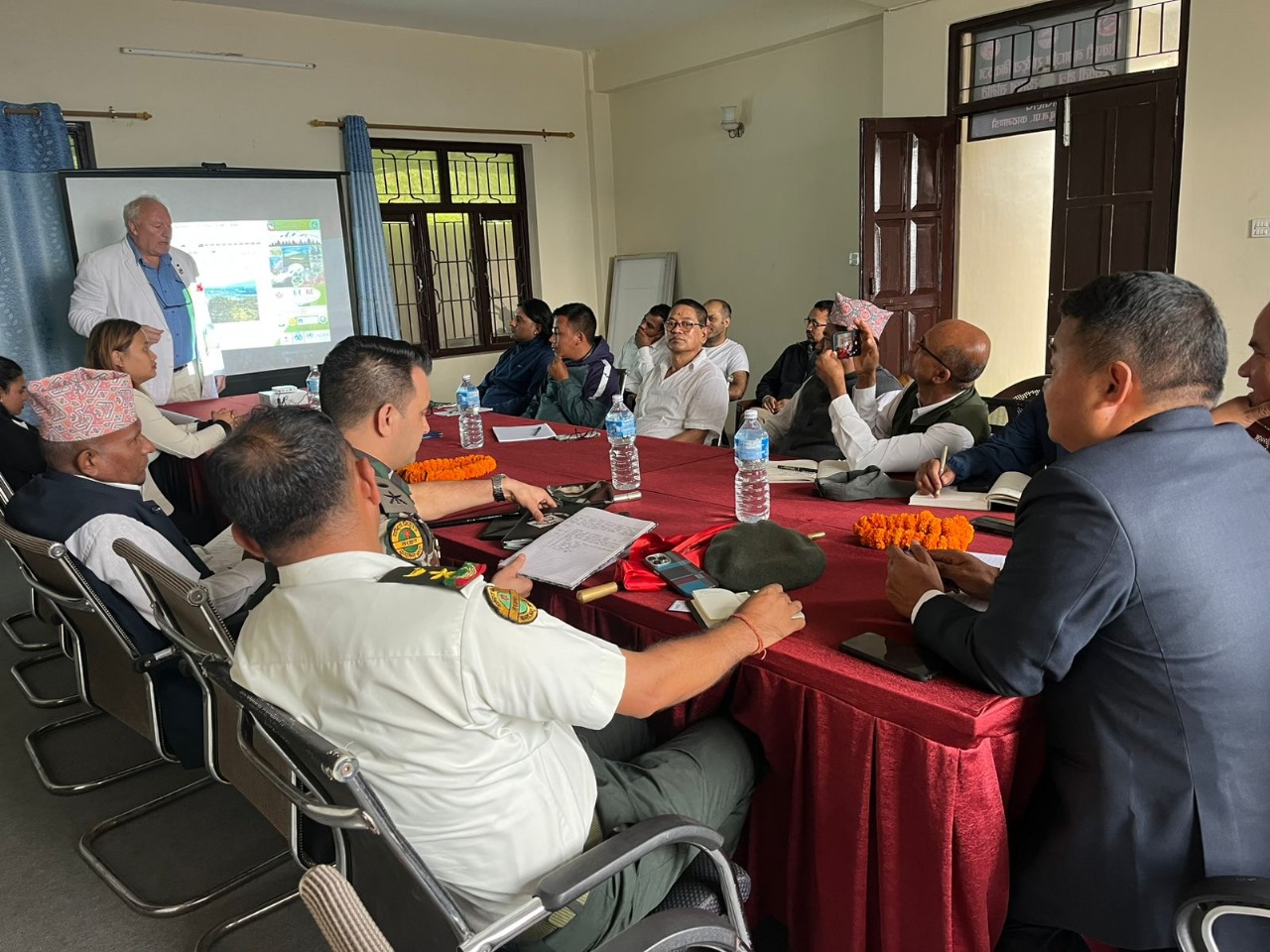Kathmandu, 24 Aug: Three people have died so far due to the spread of cholera in Birgunj Metropolitan City of Parsa. The situation has become serious due to the rapid spread of cholera, said Dr. Chandrabhal Jha, Director of the Epidemiology and Disease Control Division (EDCD) under the Department of Health Services.
According to the Health Emergency Operations Center of Madhesh Province, 129 people have been infected. Of those admitted, 80 are in critical condition and are being treated in the HDU and ICU.
The outbreak in Birgunj began on Bhadra 6(22 August). He said that while 15 people were infected on the first day, the number has increased to 129 so far. According to him, the Rapid Diagnostic Test (RDT) confirmed the cholera infection (positive) and the process for final verification is underway.
The outbreak has been seen more in wards 3, 11, 12, 13 and 16 of Birgunj Metropolitan City. The highest number of patients have been admitted to Narayani Hospital with 33 people and Terai Hospital with 35 people. Similarly, the pressure of patients has also increased at National Medical College, Advance Hospital and Birgunj Health Care.
Cholera can be transmitted if a person drinks contaminated water containing cholera bacteria, said Dr. Sher Bahadur Pun, an infectious disease specialist at Shukraraj Tropical and Infectious Diseases Hospital. Similarly, cholera can also be transmitted through food consumed with contaminated water. He said that the cholera bacteria infect the small intestine. In the case of Birgunj, it is suspected that cholera has spread due to contaminated water.
Every year, infectious diseases such as cholera and diarrhea spread due to polluted water during the rainy season. Last year, cholera spread in various parts of Lalitpur. At that time, 50 cases of cholera were confirmed.
According to the Ministry of Health and Population, cholera was confirmed in 1,316 people in the fiscal year 2079/080, which decreased to 1,016 in 2080/081(2023/024). The number of cholera cases reached 2,373 in the fiscal year 2081/082(2024/025).
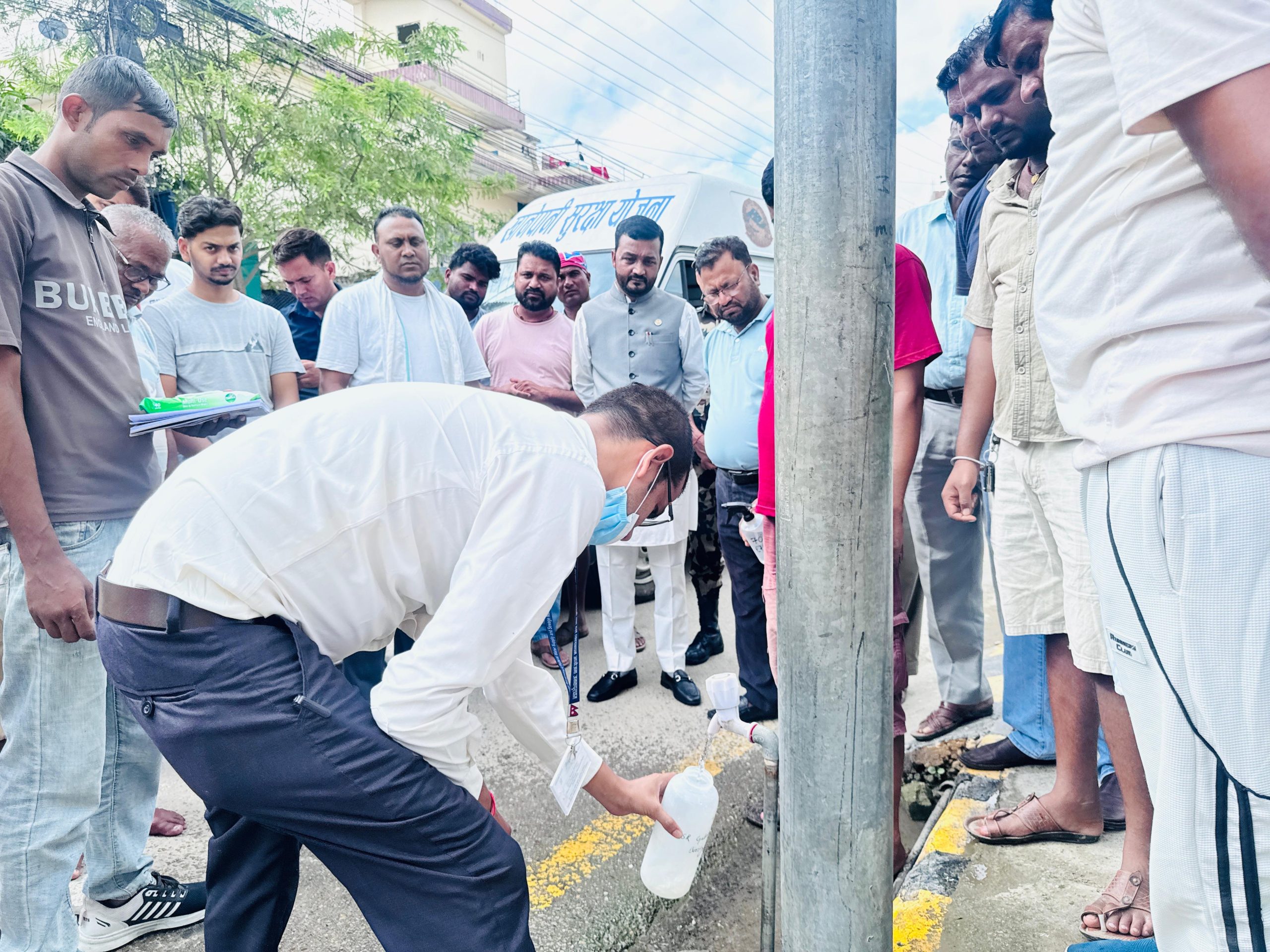
Diarrhea cases increase especially during the rainy season. According to the Ministry of Health, 199,169 people across the country were suffering from diarrhea in the fiscal year 2081/082. In the fiscal year 2080/081, diarrhea was seen in 227,485 people.
Why is cholera fatal?
According to Dr. Pun, cholera causes excessive loss of water and essential salts from the body, which leads to ‘dehydration’ and ‘electrolyte imbalance’ in the body. Due to which, if not treated on time, it can affect important organs like the kidneys and cause ‘multi-organ failure’, which can lead to early death of the patient, he said.
“If the vomiting is very persistent, one should not stay at home. If the patient is unable to drink the water of life, the body will not be able to replenish water and the situation will become more serious. If there is persistent vomiting and watery stools at the same time, one should not wait even a minute,” he said.

Dr. Sher Bahadur Pun
Problems of drinking polluted water
Infectious disease experts say that if water is polluted, it can lead to the spread of other dangerous diseases such as typhoid, hepatitis, and diarrhea. Dr. Bimal Chalise, senior consultant at Shukraraj Tropical and Infectious Diseases Hospital, says that water-borne infectious diseases such as diarrhea, cholera, and typhoid can spread when drinking water is polluted. According to Dr. Chalise, drinking polluted water increases the risk of various water-borne diseases. Drinking such water can lead to diseases such as diarrhea, dysentery, cholera, typhoid, and hepatitis.
What are the government’s efforts to control cholera in the Birgunj region?
According to EDCD Director Dr. Jha, local governments have temporarily banned street food vending in cholera-affected areas. He also said that a meeting is being held between federal, provincial and local stakeholders to discuss the current status of the outbreak and future plans.
He urged local residents to drink only boiled water, pay special attention to hygiene, and immediately visit a health facility if they experience symptoms of diarrhea.
Similarly, he said that the federal Ministry of Health, provincial and local government bodies have taken forward coordinated work to control the outbreak. He claimed that health workers are conducting door-to-door campaigns in the affected wards to raise public awareness and conduct sanitation-related activities.


